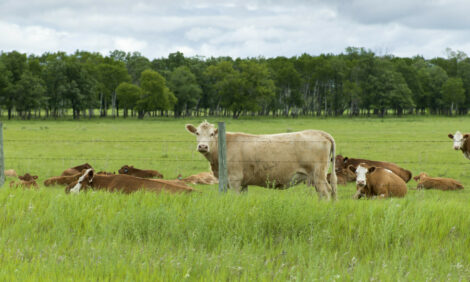



Protect your herd against a drop in fertility and milk yield
Now is the optimum time for farmers to protect their herd against a leptospirosis infection which could significantly impact fertility and milk yield.Leptospirosis remains a common infection in dairy and beef herds, causing infertility, abortion and poor milk yield. However, Steph Small, dairy veterinary adviser for MSD Animal Health explains that this costly disease can be easily prevented.
“The most reliable method of control against this infection is vaccination, preferably with a vaccine licensed to protect against both strains of leptospirosis present in the UK,” explains Steph.
“Timing plays an important role in ensuring vaccinations are effective. As the high-risk period occurs at spring turnout, it is important to discuss herd infection status, and develop leptospirosis prevention strategies, over winter to allow protocols to be implemented in time.”
When vaccinating, Steph advises farmers to start with heifers and continue with annual boosters throughout the cow’s lifetime. Vaccination can also help to improve conception rates, for example, in split herd trials, cows vaccinated with Leptavoid had a 20 percent higher conception rate than unvaccinated cows.
As well as vaccinations, biosecurity management is also an important factor to consider when preventing on farm leptospirosis outbreaks.
“To avoid the introduction of infected animals into the herd, animals should be kept in isolation until proven negative. Restricting access of cattle to external sources of infection, for example open waterways, will also help to prevent infection,” adds Steph.
Control of the disease can be complicated as farmers often don’t know whether their farm is infected. Using a bulk milk sample in dairy cows, or blood-sampling youngstock in beef herds, will help to establish the infection status. However, if a herd is confirmed to be negative for leptospirosis exposure, because the disease can be transmitted by sources other than other cattle (eg via watercourses and sheep), it remains prudent to vaccinate naïve herds.
“If you are concerned about your herd’s current infection status and want to make a plan to protect your herd, speak to your vet,” concludes Steph.


